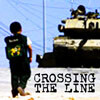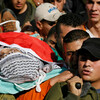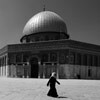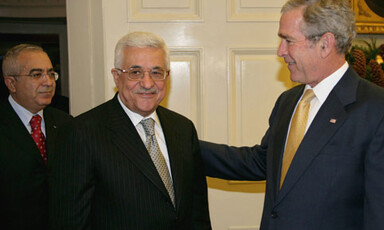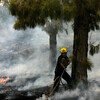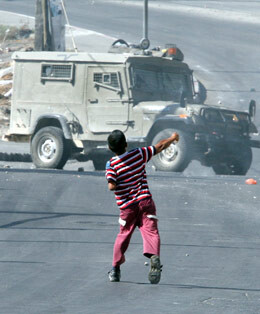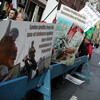
Concern rises regarding Gaza health care access
13 December 2007
JERUSALEM, 13 December (IRIN) - The isolation of the Gaza Strip is “intolerable” said a senior World Health Organization (WHO) official on 10 December, urging better access for Gazans to medical care outside the boxed-off enclave. Ambrogio Manenti, head of the WHO in the West Bank and Gaza Strip, urged medical professionals to take a stand against the current situation which, he said, was having a negative impact on the health of residents. Manenti was speaking at a WHO symposium with the Physicians for Human Rights-Israel organization and the Gaza Community Mental Health Programme. Read more about Concern rises regarding Gaza health care access
